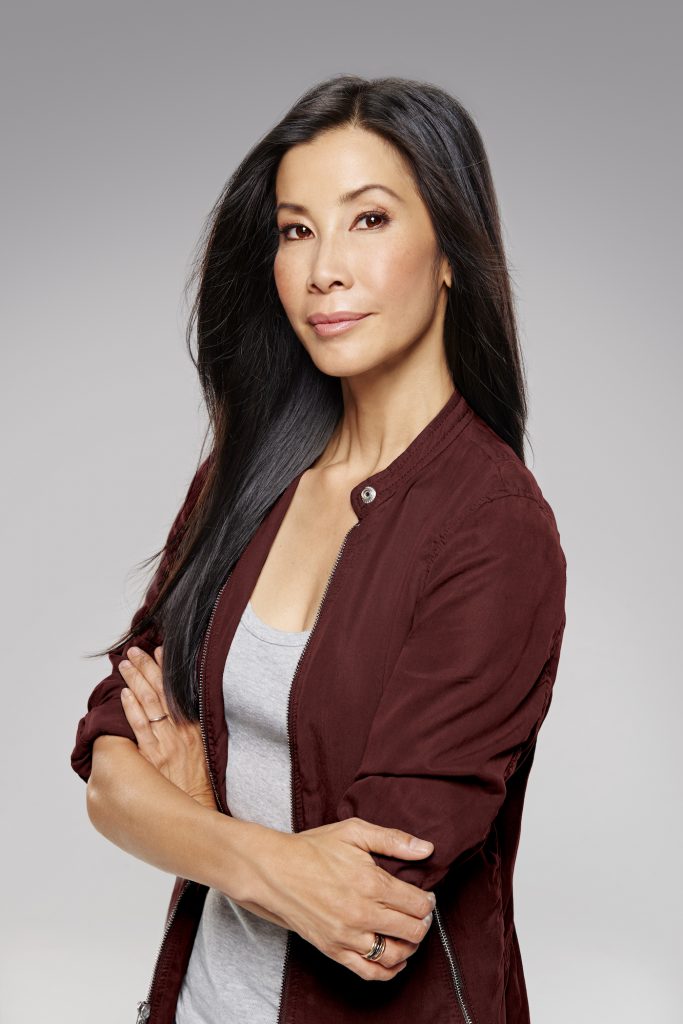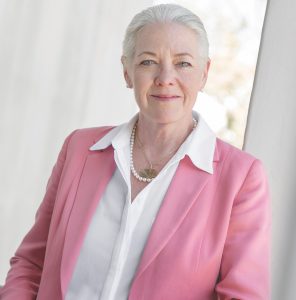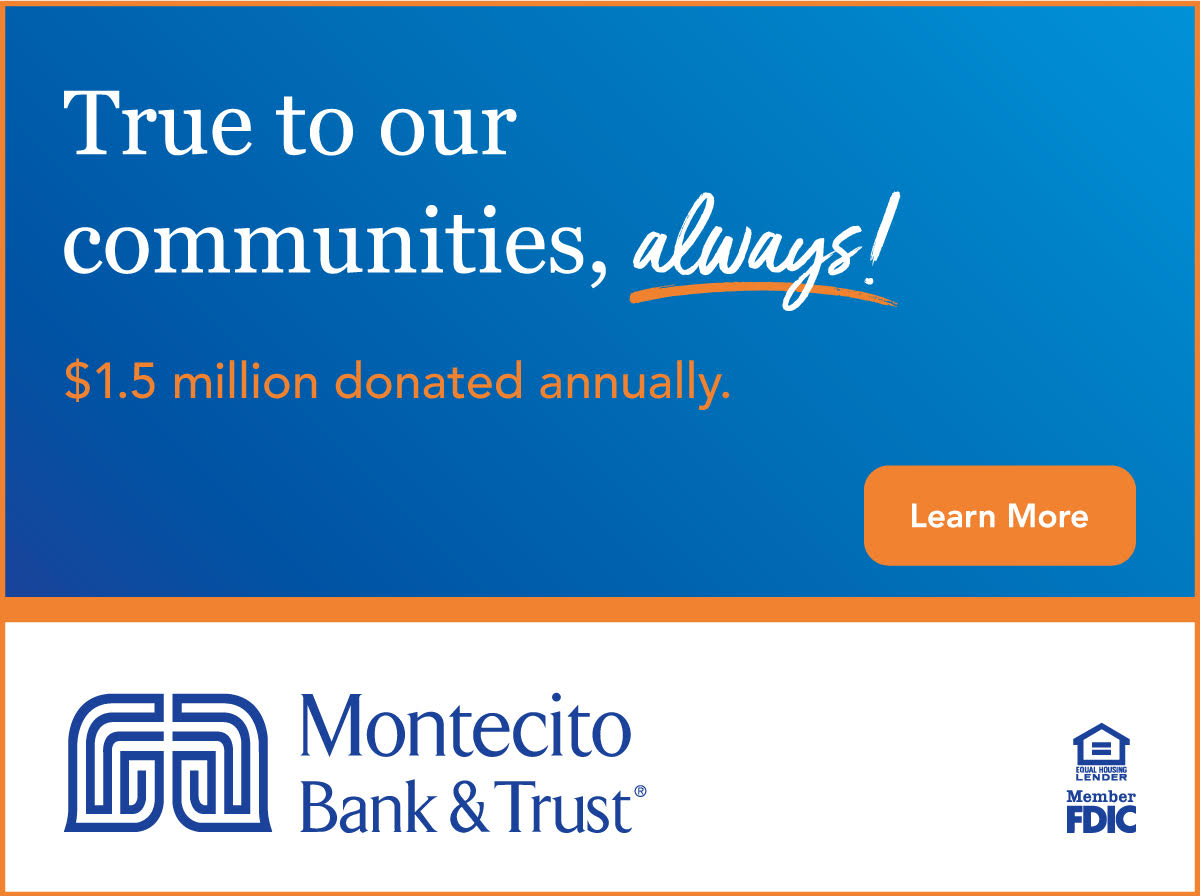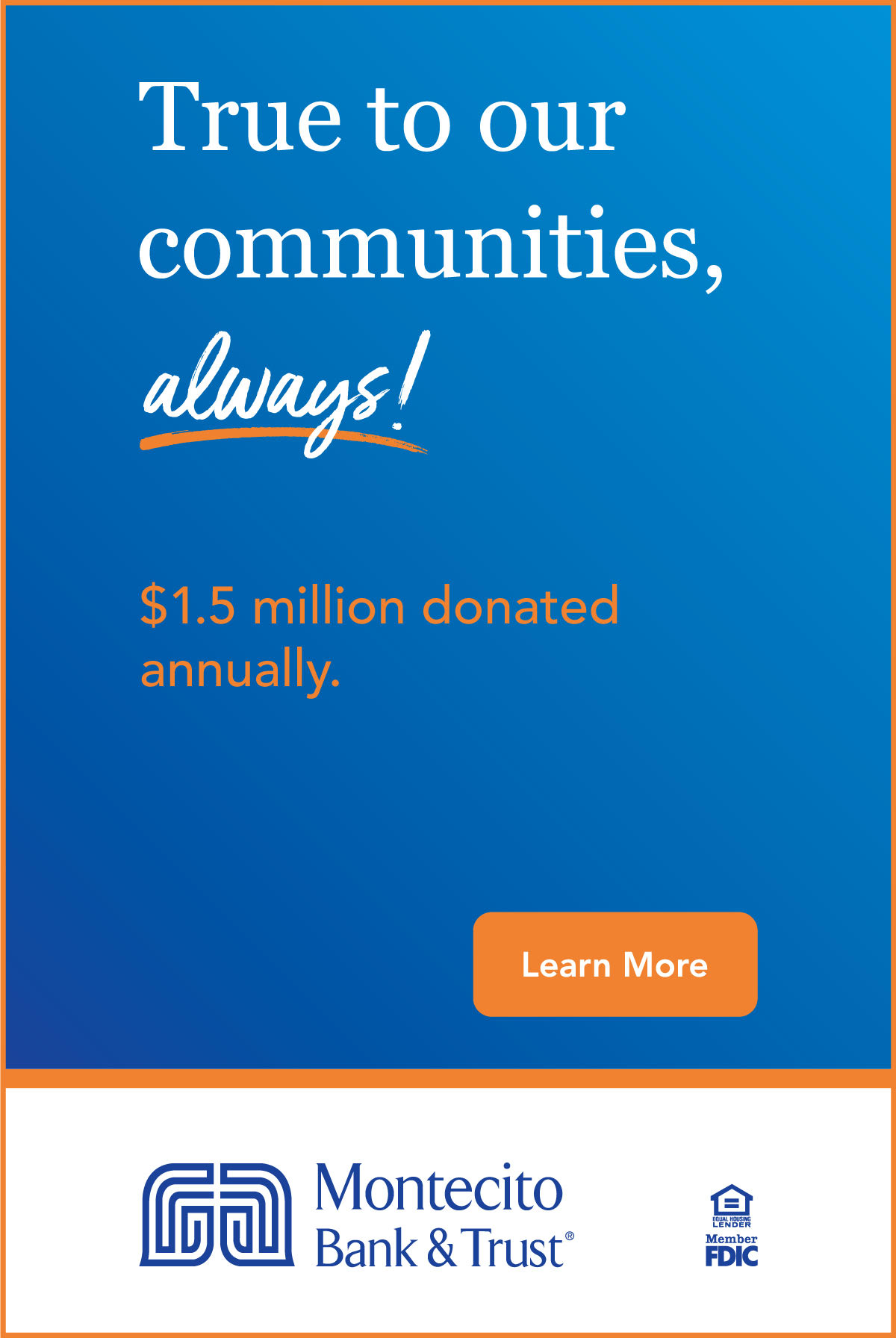‘What Good Is a Platform if You Don’t Use It for Good?’
As told to Daniel Heimpel

I have known CNN host Lisa Ling for nearly a decade now. I never saw her as anything but a mentor, a world-class journalist, and someone with whom I had the honor of working.
Then, during the height of the heinous attacks on Asian Americans in 2020 and in 2021, I watched her on the TV being interviewed about the violence, braiding the history of racism against Asians in this country with her own experience. She spoke of the terrible things people were writing to her over social media, where she was extremely active in driving attention to victims of Asian hate and ways her 200k+ followers could support them.
I was incensed by what had happened to her and what was happening to the broader Asian American community – all because of the way they look.
Even as the violence seemingly subsides, Ling knows that forestalling the next eruption of racism towards any racial, ethnic, or religious group in this country requires an understanding of our fraught American history – even if it’s not taught in the history books.
In this conversation, Ling and I discuss how she turned her celebrity into philanthropy, how others should engage, and what we should all learn from this dark time in our American experience.
You have been very vocal about the roots of racism directed at Asian Americans since first arriving on this country’s shores. What is consistent about that history? What does it tell you?
Because Asian American history is not included in our history books, when attacks started to happen as COVID became rooted in this country, I think that people felt very dismayed and confused and hurt – Asians and non-Asians – by what was happening.
But when you really stop and look back at Asian American history, Asians have been scapegoated and discriminated against since our ancestors first landed on U.S. soil.
Chinese were an essential part of our workforce and built critical infrastructure, but as soon as those projects were completed, the rest of America wanted nothing to do with them. The wholesale campaign of torching Chinatowns throughout the West Coast of America was ignited, literally.
And that pattern of discrimination has really never ended. It’s just that it became dormant at times when things seemed fine. But it’s always under the surface, and generally they’re economic triggers that incite those moments when things erupt. With the Chinese in the 1800s, it was very much about the Chinese taking away American jobs, the Chinese littering communities, not dissimilar from what we’re experiencing today, carrying this plague.
When you look back, there were over a hundred documented riots throughout the West Coast in which Chinese people were killed and Chinatowns were torched. And there’s no cohesive mention of these things in our history books.
Then you look at what happened to Japanese Americans during World War II. The notion that this country would round up over 120,000 Asian people because of what they look like and force them to live in camps, it’s unfathomable.
We have to remember these moments because we will repeat history if we don’t know our history.
You are a successful media professional, constantly in the public eye. Have you felt a change in the way you are treated on social media since you became so outspoken about these issues?
Yeah. I’ve been on the receiving end of some really ugly social media posts.
I’ve always been teased and made fun of. I’m used to that. But the level of vitriol and hate that was communicated through these posts was on another level. It wasn’t just, go back to China. It was, I hope you die of this virus because you and your people brought it here, and it’s killing Americans.
But also, in the age of social media, it’s hard to see those horrific posts and surveillance videos of elderly people getting brazenly attacked. And I’m telling you, after the massage parlor shootings in Atlanta, I was completely distracted from being able to work, being able to parent. I just couldn’t believe that this was happening to people who look like me at this time. This notion that we have become this post-racial society just became a joke.
But this whole pandemic has really removed the bandage from that notion, and not just for Asian people.
You have used your Instagram account to direct attention and donations to victims of hate crimes. What has that experience been like for you?
Social media has become this really effective way to communicate. And for people who might not know what is happening in the Asian community, if they happen to respond to my work and like me and follow me, I’m going to let them know because this is an all-hands-on-deck effort where the Asian American community needs everyone to stand up in our defense. And to condemn these acts of hate that are completely unfounded and unfair.
Social media has been also really effective in raising money. Many of these victims of racism and Asian hate have had their lives transformed forever because of what they look like.
For a while, we were all struggling, how do we get these people help, money? How do we get in touch with these people to set up a GoFundMe?
And we put together GoFundMe.com/AAPI as a go-to source to find those fundraisers for victims, as well as organizations that are working to combat hate. To date, my God, it’s raised millions of dollars.
Can you tell me a story from that work that is particularly memorable?
There was a woman in San Francisco, Chinatown who spoke the same Cantonese dialect as my grandmother. She was attacked and then ended up attacking the man who attacked her, and really hurt him.
But when I heard her voice and she was screaming in Cantonese, and crying out at the same time, her voice still haunts me.
So many of those images live in my head. Too many of them. And I guess that’s why we’re still doing what we’re doing.
You are an advisor to the Asian American Foundation. What is that organization trying to accomplish and how do you hope to help?
Their objective is really two-fold. It’s obviously to reduce attacks on the Asian community, but ultimately the goal is to educate people about the role that Asians have played in this country. And the importance of knowing our history and embracing our community as Americans.
It will also be promoting Asian-led projects and funding organizations on the ground that are working to combat hate.
You are conventionally philanthropic. You donate to nonprofits and serve on boards. But you have also used your celebrity as a form of philanthropy. What would your advice be to other public figures interested in supporting a cause?
What’s a platform if you don’t use it for good? Otherwise, I just don’t understand the point.
So, I hope that people who do have platforms feel encouraged to seek out organizations that are doing things that are important to them. What good is a platform, if you don’t use it for good to raise awareness about things that people might otherwise not have any idea of, and to be able to highlight people who are on the ground doing the work?
What do you think 2022 and beyond will look like for Asian Americans? Is this eruption of violence and aggression over?
I think it behooves all of us, irrespective of our ethnic background, to be aware of our history. To be aware of what marginalized communities have endured, what they’ve contributed, and the roles that they play in this country.
I think we can and should continue to bolster organizations and efforts to make people aware of these histories; and organizations that are trying to support these efforts, to address communities that have just been overlooked for too long.


